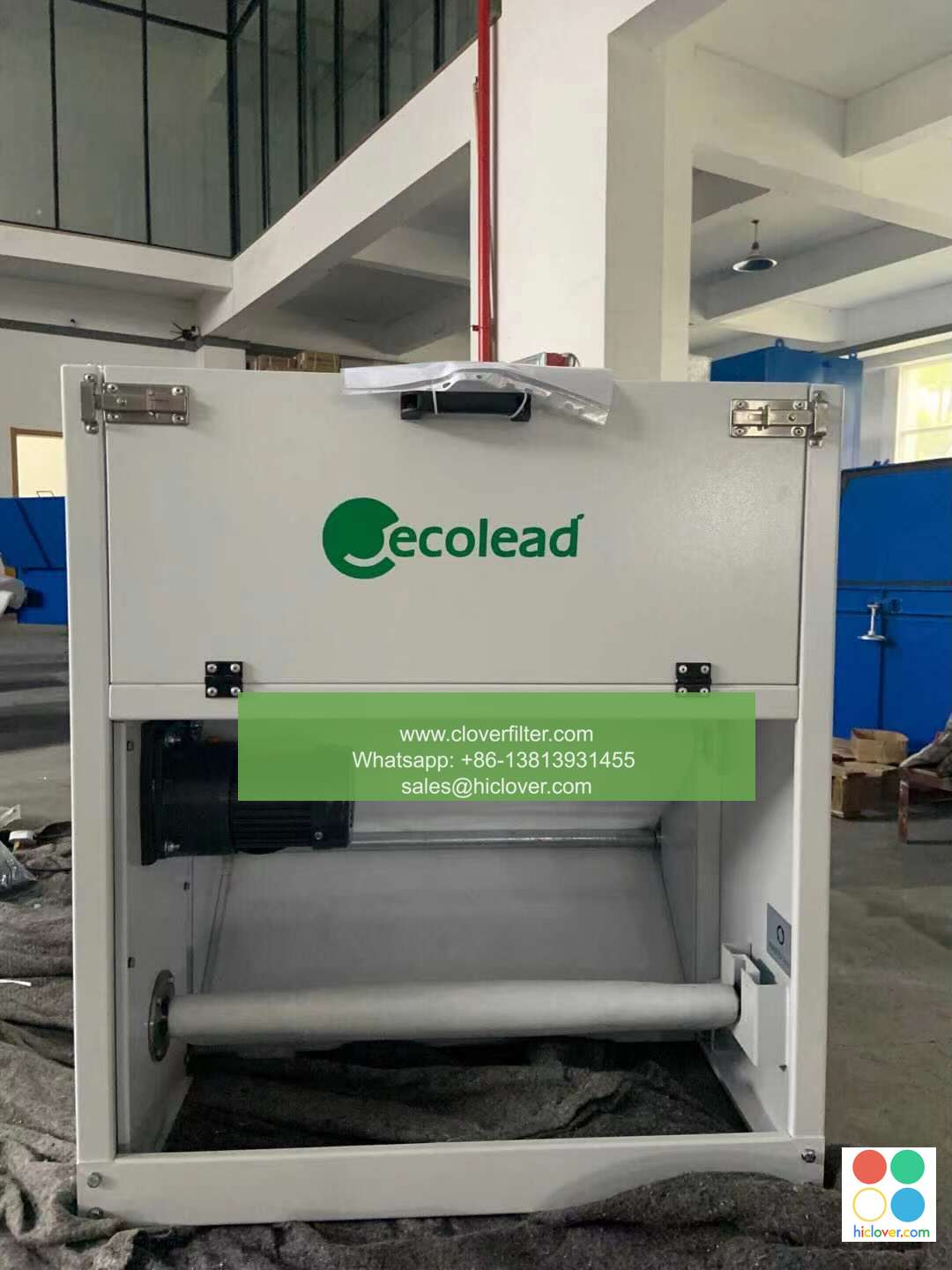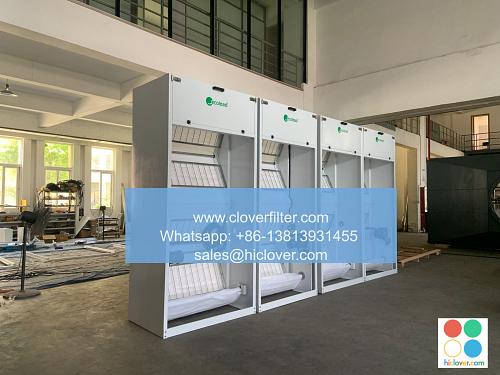The Role of Automatic Roll Air Filters in Saskatoon’s Agricultural Industry: A Technical Perspective

Saskatoon, being a major hub for agricultural activities in Canada, relies heavily on efficient and effective farming practices to maintain its position in the industry. One crucial aspect of these practices is the maintenance of equipment and machinery, which is often overlooked but plays a vital role in ensuring the smooth operation of farming operations. Among the various components that require regular maintenance, air filters are perhaps the most critical, as they directly impact the performance and longevity of engines and other machinery. In this context, automatic roll air filters have emerged as a game-changer for Saskatoon’s agricultural industry, offering a range of benefits that enhance productivity, reduce downtime, and minimize maintenance costs.
From a technical perspective, automatic roll air filters are designed to provide a continuous supply of clean air to engines and other equipment, thereby preventing dust, debris, and other contaminants from entering the system. These filters are equipped with a rolling mechanism that automatically advances a new section of filter media as the existing one becomes clogged, ensuring that the air flow remains uninterrupted. This feature is particularly useful in agricultural settings, where equipment is often exposed to harsh environmental conditions and high levels of dust and debris. By providing a consistent supply of clean air, automatic roll air filters help to prevent engine damage, reduce emissions, and improve overall equipment performance.
The technical advantages of automatic roll air filters can be further understood by examining their construction and operation. These filters typically consist of a rolled filter media, a rolling mechanism, and a control system that monitors the filter’s condition and advances the media as needed. The filter media itself is usually made from a high-quality, pleated material that is designed to capture even the smallest particles and contaminants. The rolling mechanism, on the other hand, is typically driven by a electric motor or a hydraulic system, and is programmed to advance the filter media at predetermined intervals or when a certain level of restriction is detected. This ensures that the filter is always operated within its optimal range, minimizing the risk of engine damage or other equipment problems.
In addition to their technical benefits, automatic roll air filters also offer a range of practical advantages for farmers and agricultural operators in Saskatoon. For example, these filters can help to reduce maintenance costs by minimizing the need for manual filter replacements and cleaning. They also help to improve equipment uptime, as the automatic rolling mechanism ensures that the filter is always functioning properly, even in the most demanding environments. Furthermore, automatic roll air filters can help to enhance operator safety, as they reduce the risk of engine failure and other equipment problems that can pose a hazard to operators.
Another significant benefit of automatic roll air filters is their ability to adapt to changing environmental conditions. In Saskatoon’s agricultural industry, equipment is often exposed to a wide range of temperatures, humidity levels, and dust concentrations, which can affect the performance and lifespan of air filters. Automatic roll air filters are designed to accommodate these variations, adjusting their rolling mechanism and filter media to ensure optimal performance regardless of the operating conditions. This feature is particularly useful in applications where equipment is used in multiple locations or under varying environmental conditions.
In conclusion, automatic roll air filters play a critical role in Saskatoon’s agricultural industry, offering a range of technical, practical, and environmental benefits that enhance equipment performance, reduce maintenance costs, and improve operator safety. By understanding the technical advantages and operation of these filters, farmers and agricultural operators can optimize their use and maximize their benefits. Whether used in tractors, combines, or other equipment, automatic roll air filters are an essential component of any agricultural operation, and their adoption is likely to continue growing as the industry becomes increasingly aware of their importance.
FAQs
Q: What are the main benefits of using automatic roll air filters in agricultural equipment?
A: The main benefits of using automatic roll air filters include improved equipment performance, reduced maintenance costs, and enhanced operator safety.
Q: How do automatic roll air filters adapt to changing environmental conditions?
A: Automatic roll air filters are designed to adjust their rolling mechanism and filter media to ensure optimal performance regardless of the operating conditions, including temperature, humidity, and dust concentrations.
Q: Can automatic roll air filters be used in multiple locations or under varying environmental conditions?
A: Yes, automatic roll air filters are designed to accommodate variations in environmental conditions and can be used in multiple locations or under different operating conditions.
Q: How often should automatic roll air filters be maintained or replaced?
A: Automatic roll air filters typically require minimal maintenance and can be replaced as needed, depending on the operating conditions and the type of equipment being used.
Q: Are automatic roll air filters compatible with all types of agricultural equipment?
A: Automatic roll air filters can be used with a wide range of agricultural equipment, including tractors, combines, and other machinery, but it’s essential to consult the manufacturer’s recommendations to ensure compatibility.

